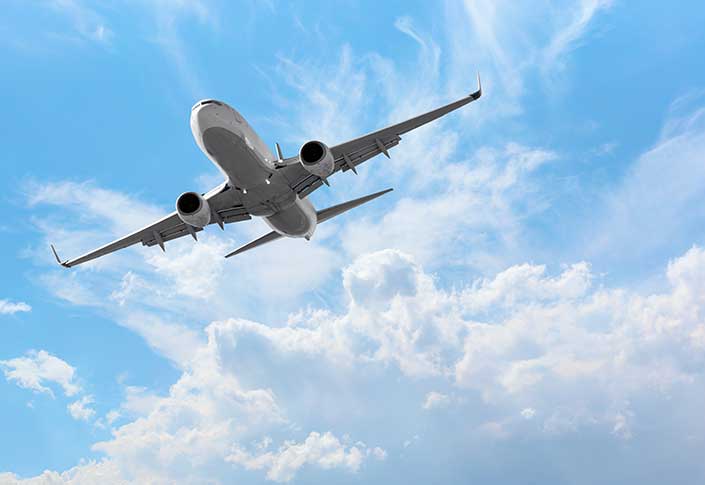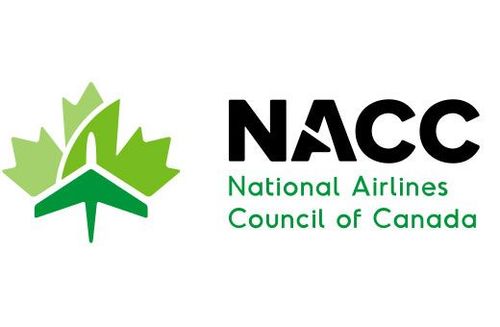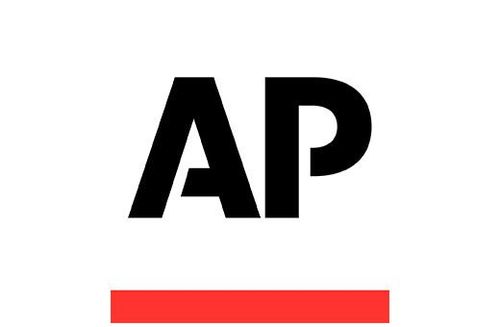Where travel agents earn, learn and save!
News / Government of Canada moves on shared transparency but accountability is required
NACC issues a statement in response to the tabling in the House of Commons of Bill C-52

Jeff Morrison, President and CEO of the National Airlines Council of Canada (NACC), which represents Canada’s largest air carriers (Air Canada, Air Transat, Jazz Aviation LP and WestJet), issued the following statement in response to the tabling in the House of Commons of Bill C-52, “An Act to enact the Air Transportation Accountability Act and to amend the Canada Transportation Act and the Canada Marine Act”:
“Canada’s airlines have been advocating for the federal government to implement a model of shared accountability for the aviation sector, whereby all entities in the air travel ecosystem are held accountable through publicly reported service standards, public communications and financial accountability. We are encouraged that the federal government has taken the first steps in supporting this concept through the introduction of Bill C-52, which will provide greater transparency in sharing data amongst entities in the air travel system and establishing service standards.
“However, there are many unknowns associated with this Bill, and several components of a true shared accountability system that remain to be included. For instance, NACC has called on the federal government to require all entities within the aviation ecosystem to communicate the reasons behind service disruptions in real time, to meet enforceable service standards, and to put in place mechanisms for airlines to recoup costs from entities when service standards are not met. While Bill C-52 includes provisions around a communications protocol and a requirement for data sharing and reporting, the Bill contains no requirements for service or infrastructure providers to be held financially accountable for their failure(s).
“Furthermore, In order to create a true shared accountability model, all entities within the aviation ecosystem, including the Canada Border Services Agency (CBSA) and the Canadian Air Transport Security Authority (CATSA), must be included in the framework.
“Although this Bill is a step in the right direction towards enhancing transparency, changes must be introduced to address the responsibility shared by all stakeholders when passengers experience disruptions in order to make all air travel entities truly accountable. Canadians have made clear to the federal government that they expect a more reliable and transparent air travel experience. When there is a delay or a cancellation, the burden of care and compensation falls on the airline, regardless of which part of the aviation chain is at fault. This is why NACC urges the government to ensure that responsibility for flight issues is shared more equitably across the air transport system. Canada’s airlines will work with the Minister of Transport to strengthen Bill C-52, with the goal of making the Canadian air travel system the most competitive and efficient in the world.”
Canada’s airlines have been advocating for the federal government to implement a model of shared accountability for the aviation sector, whereby all entities in the air travel ecosystem are held accountable through publicly reported service standards, public communications, and financial accountability. NACC proposed a model for such a system in a report released publicly in May 2023, which can be found here: Shared-Accountability-Report_May-2023_Amended.pdf (airlinecouncil.ca).











